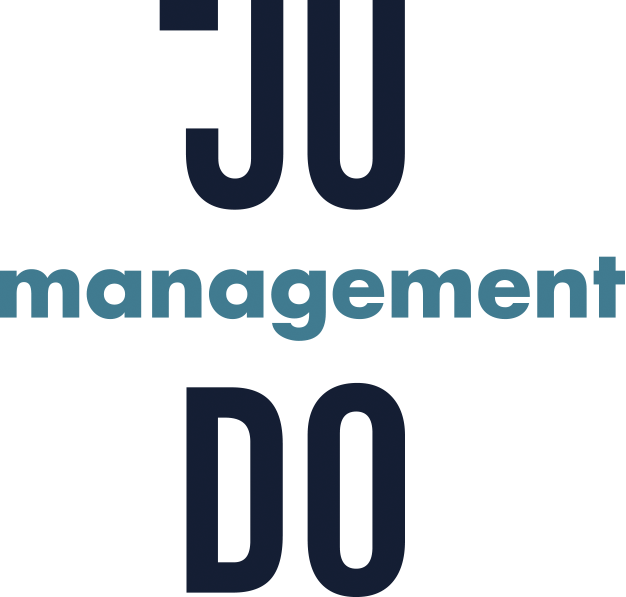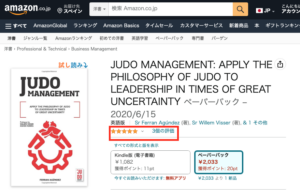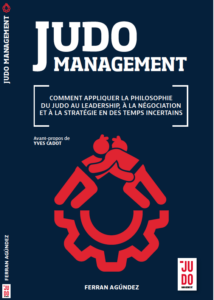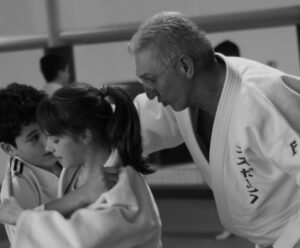“Sport and professionalism” is the keynote speech of Willem Visser, International Lecturer 8th Dan Judo IJF, at the International Congress, Sport Science and Research Institute Tehran; (9/11 – 12/11 2020).
In this very brief history of sport there must be a short summary of the history and the exist of the Olympic Games.
In ancient times, for the honour of the god Zeus, sport competitions were organized at the small city of Olympia. The participant were only men. (In that time physical exercises were practised to be ready to fight in the war, so to be strong.)
In the beginning there was only one discipline: 190 meter running. But in a few years the disciplines were expanded with boxing, wrestling, pankration (a combination of boxing and wrestling), far jumping, javelin and disc throwing.
Also in that time the winners were well respected and many of the winners were for the rest of their lives supported by the community, where they came from.
The first Olympic fire was made by burning 100 oxen and this fire was burning during the days of the Olympic competition. The 100 oxen were offered for the god Zeus.
The modern Olympic Games are founded by the Frenchman Pierre de Coubertin and were held for the first time in 1896 in Athens. The modern Olympic Games distinguish the Summer Games and the Winter Games (first Winter Games 1924 Chamonix, France).
A very long time professional sportsmen and sportswomen were not allowed to participate, but nowadays the rules are more free and many professional athletes can take part at the Olympic Games.
In the Olympic Movement the International Olympic Committee is leading; the present president of the Olympic Committee is the German Thomas Blach, Olympic Gold Medal winner in fencing.
Despite the fact that the Olympic Games are sometimes used for political or national purposes, the Olympic Games survive and continue since 1896.
Very important to realize is, that sportswomen and sportsmen themselves were starting with organizing their sports. First founding a club, the clubs were founding local federation, local federations were founding regional federations and regional federations were founding national federations. Those national, specific, sport federations were unified in a National Sport Federation and the members of those National Sport Federations are the specific sport federations (for example the National Wrestling Federation). Later the National Sport Federations became members of the International Olympic Committee.
This is very important to realize, because many officials have forgotten, that it’s all about the sportswomen and sportsmen!
Athletes are the most important individuals in sport clubs and federations, even in IOC.
All officials have to realize that, they are only servants or sub servants for the athletes!
Willem Visser
Executive coach, Strategic Adviser, International Lecturer; 8th Dan Judo IJF
With gratitude to all my teachers, specialists, colleagues and especially all the judoka that I was allowed to guide and to coach.
Sources and inspiring professionals:
Van der Horst, Cobben, Abe, Saitoh, Yamashita, Uemura, Sugawara, Murata, Hosokawa, Komata, Takahashi, Nakamura, Kasuga, Kawashima, Kariya, Brousse, Besson, Rougé, Ruska, Geesink, de Cree, Barta, Vachun, Viser, Lascau, McConnell, Snijders, Sins, Hoogendijk, Boersma, Odinot, van Dijk, Klok, Agúndez, Landsberg, Covey, de Waal, DeCaluwe, Drucker, Franzen, Goldratt, Hammer, Kets de Vries, Kotler, Mastenbroek, Mintzberg, Peters, Porter, Quinn, ten Bos, Trompenaars, Vinke, Weggeman, Wissema and many others.
.







